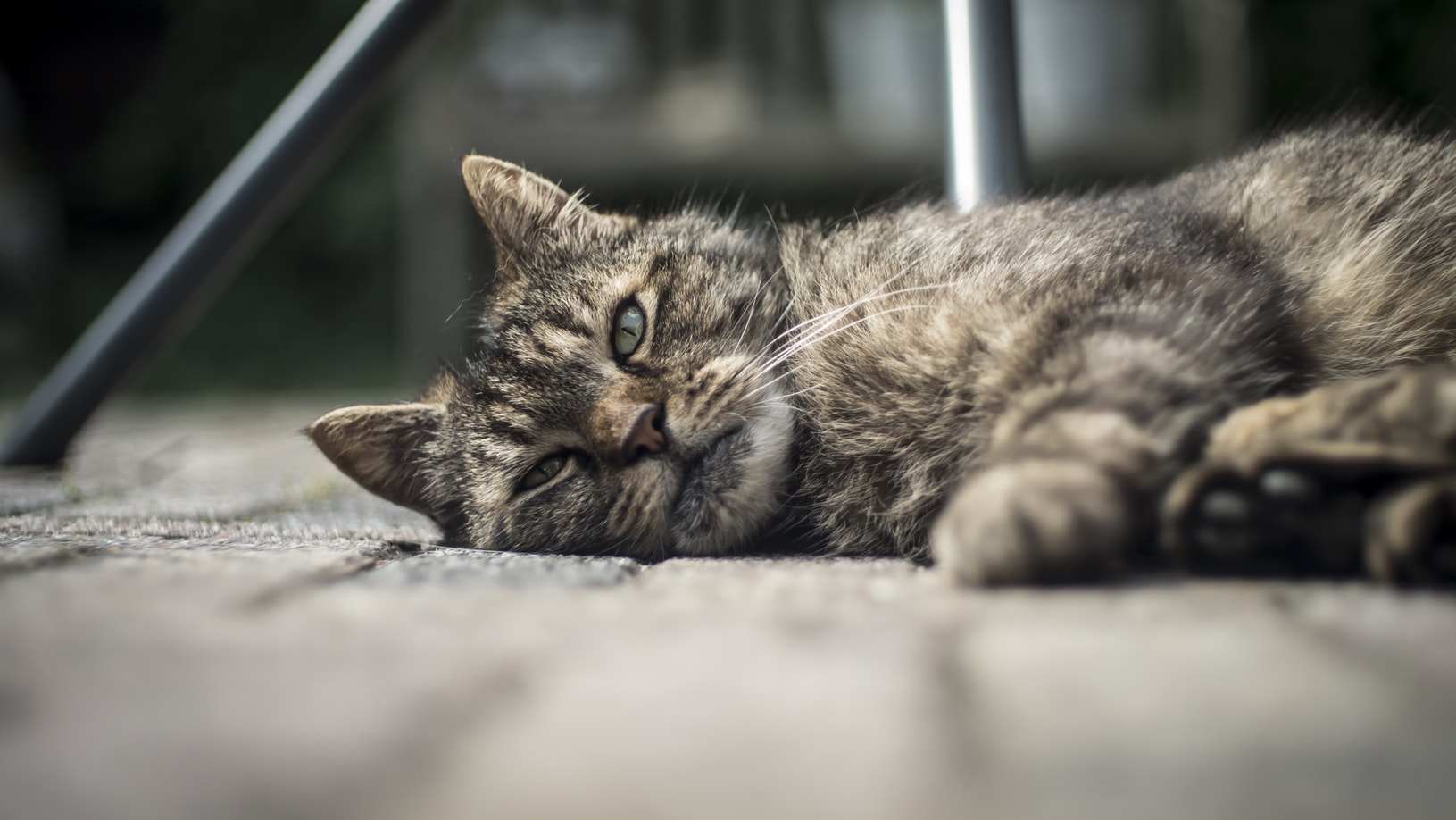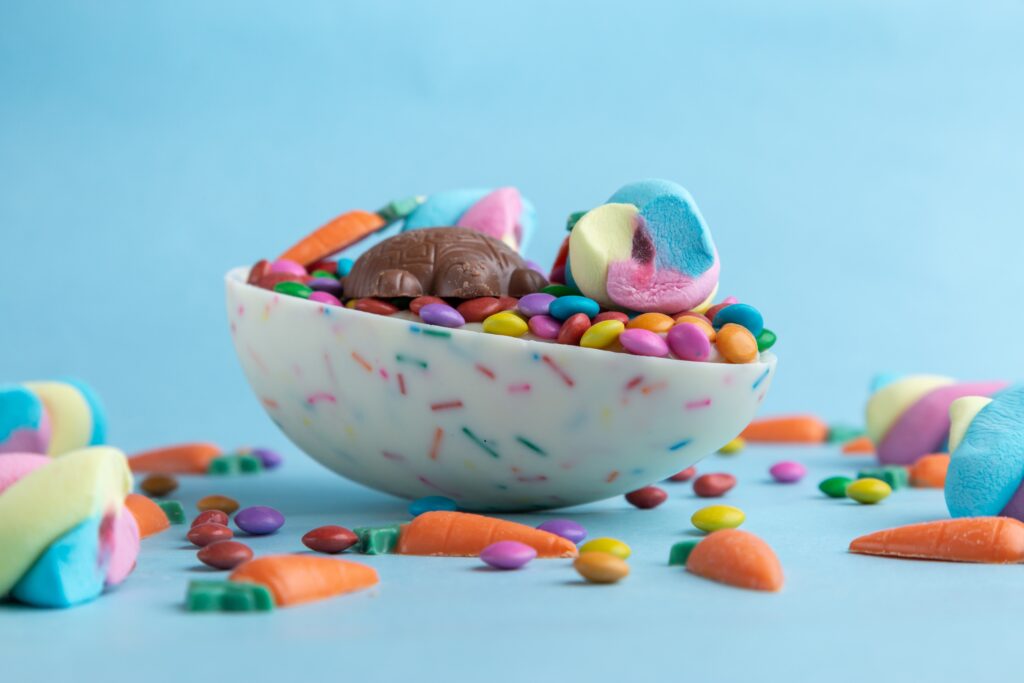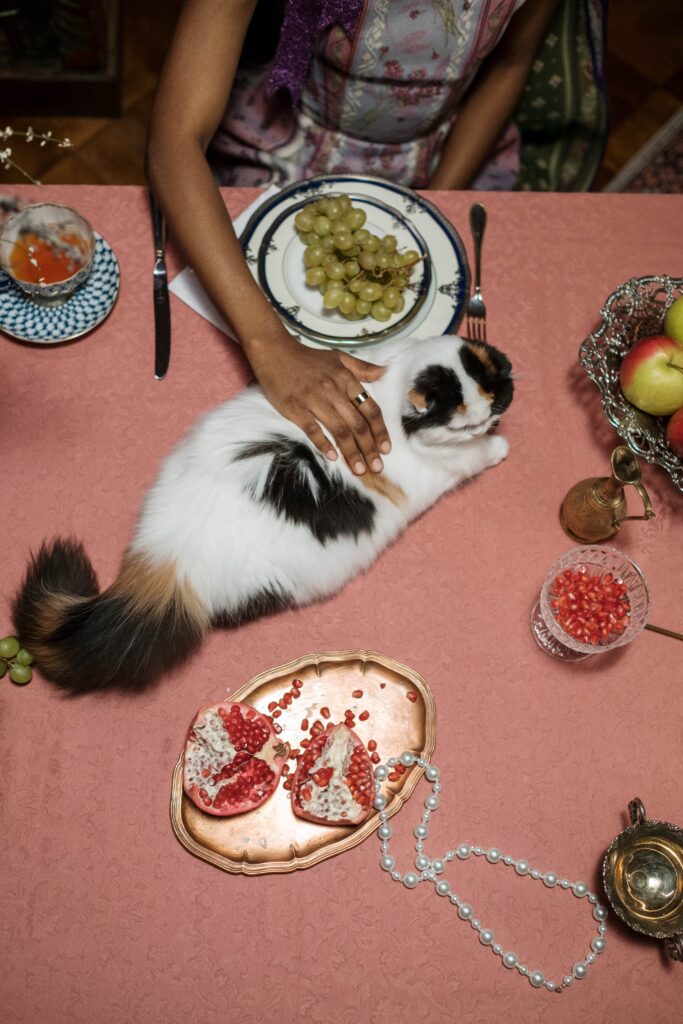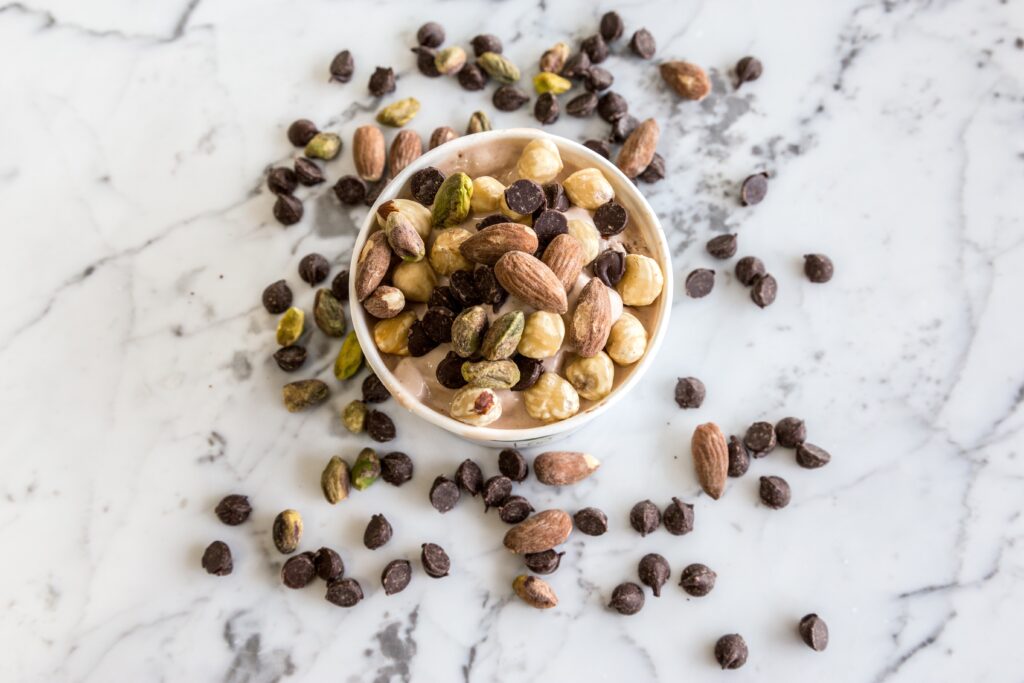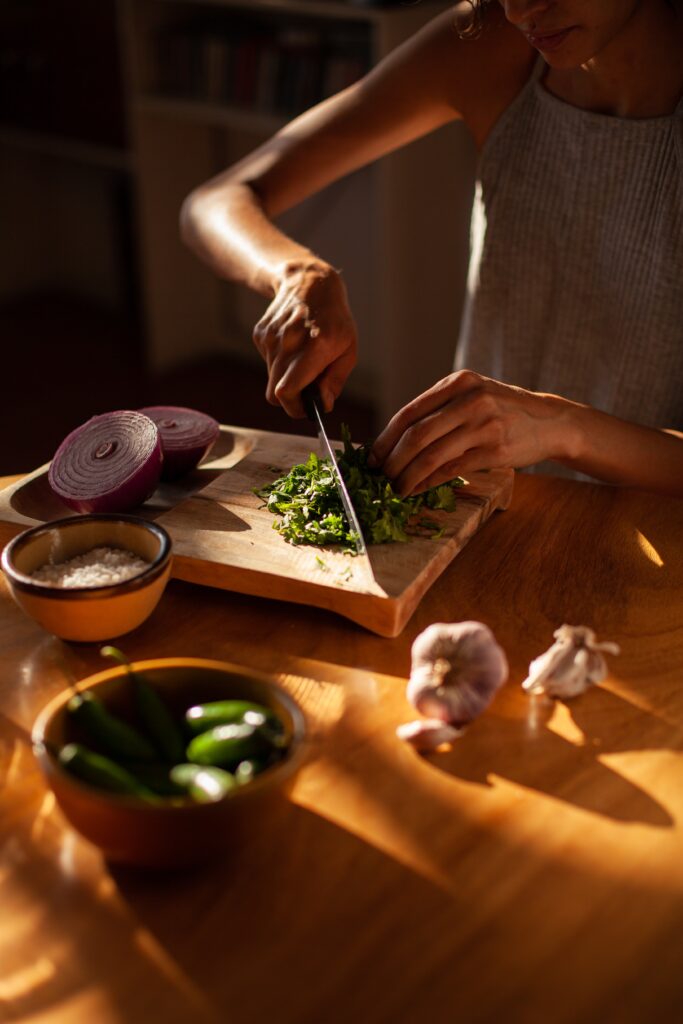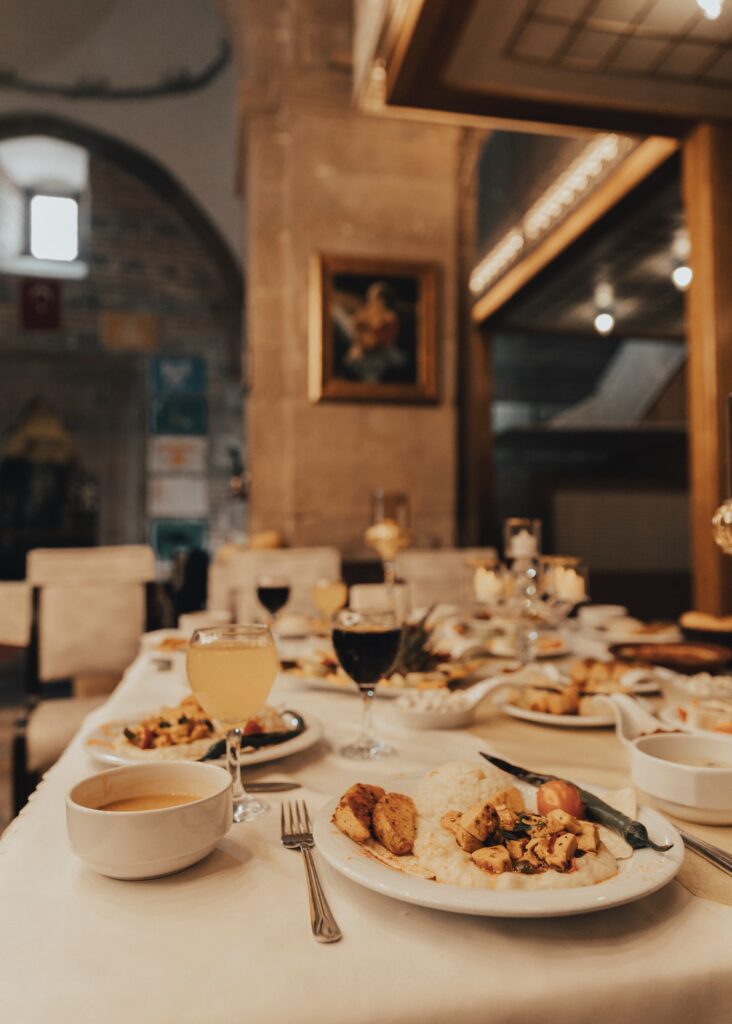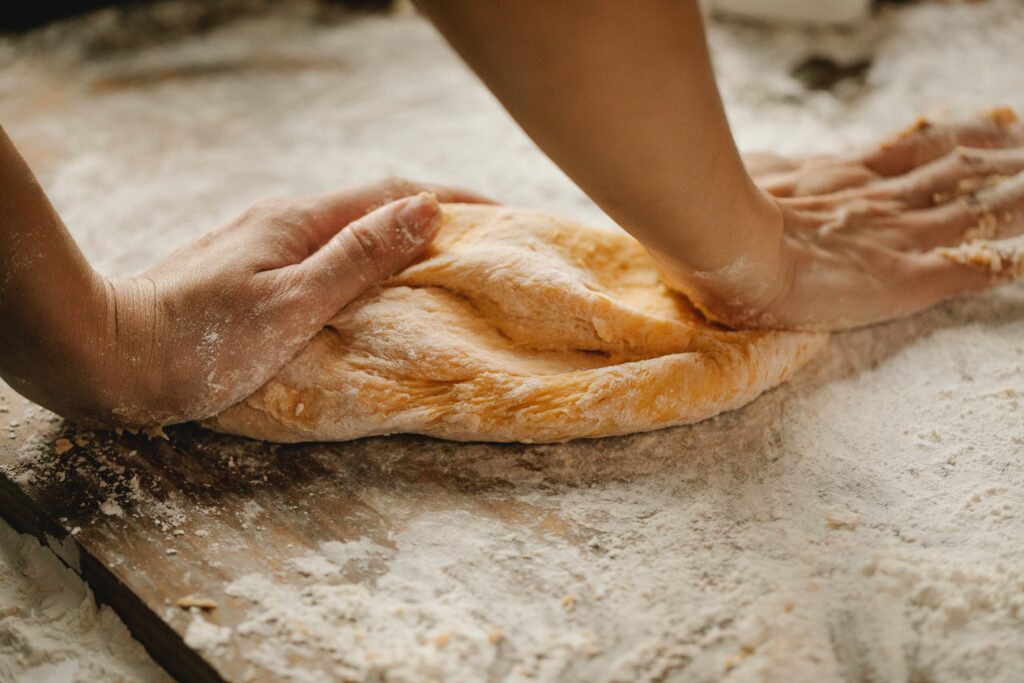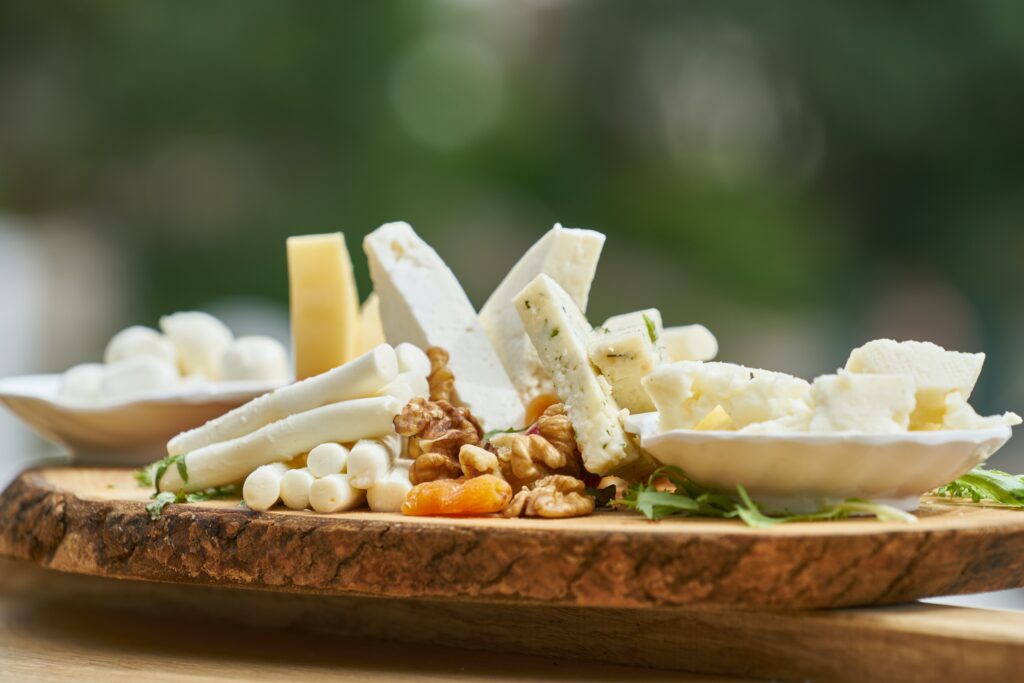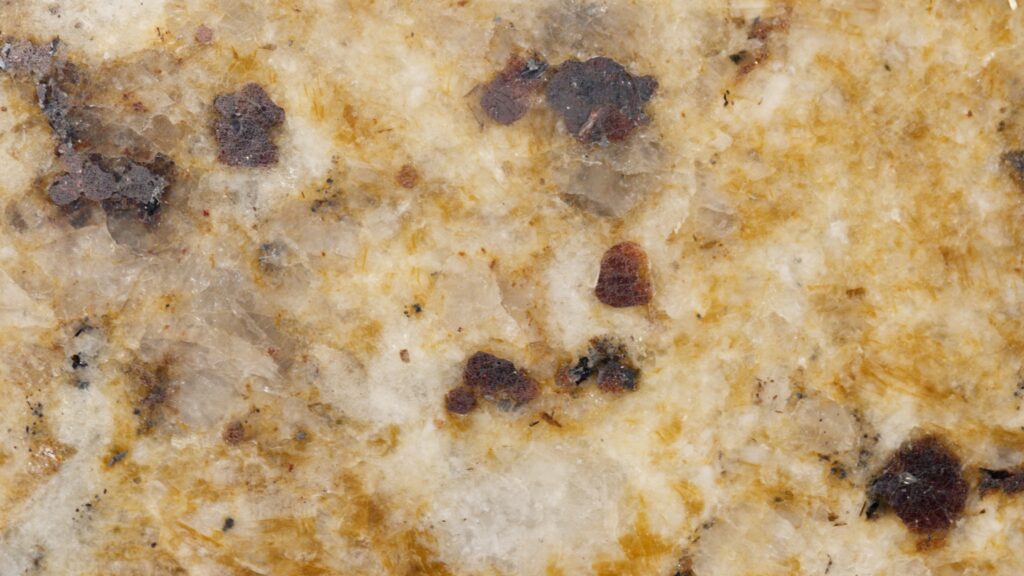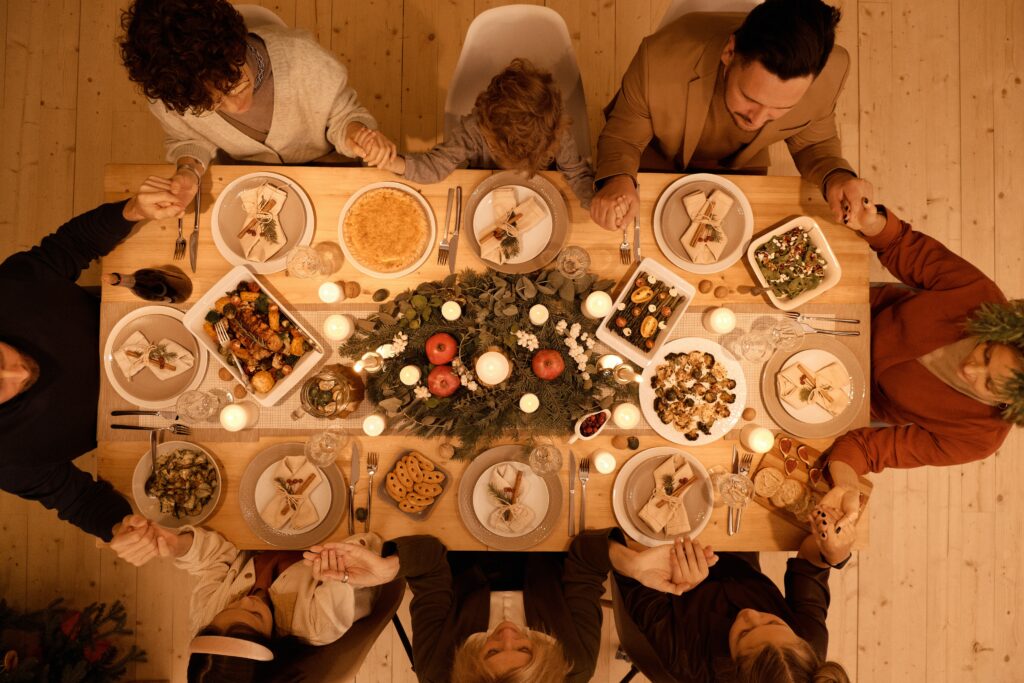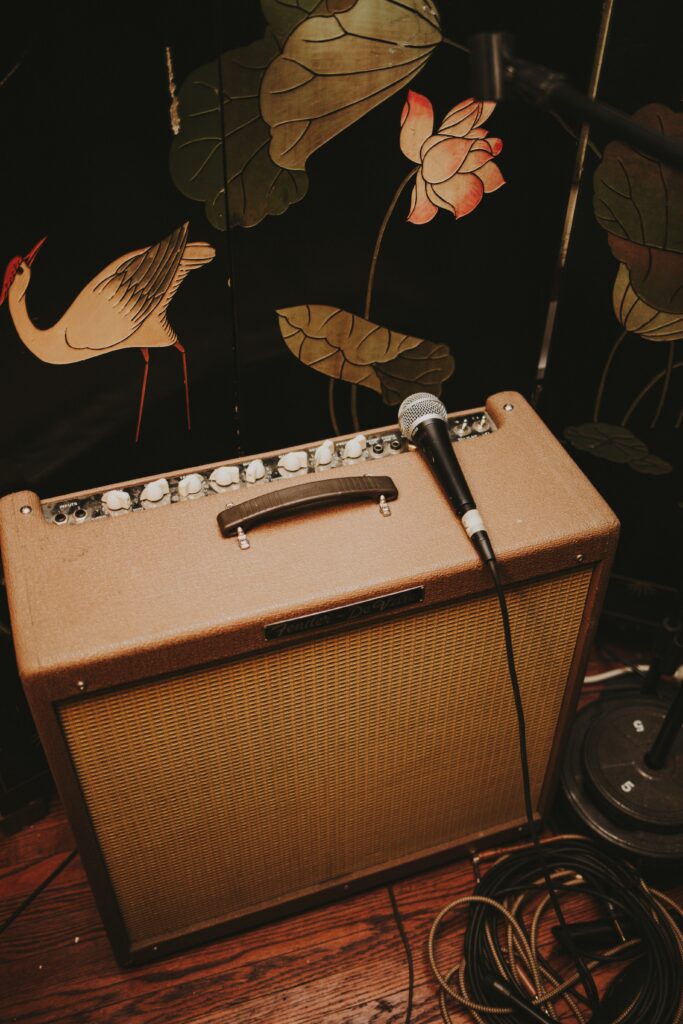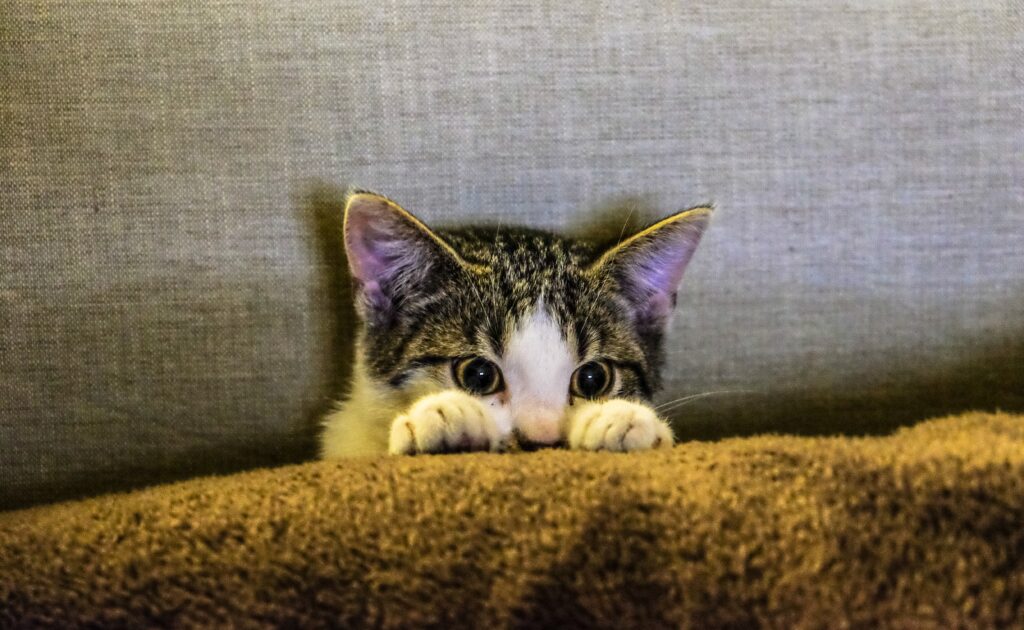Christmas may be an exciting time for all the family, but it can also be a time of year when cats are prone to suffering from particular health issues. Here’s what to look out for this festive period.
Tummy upsets
Tummy upsets are one of the biggest concerns for cats over Christmas, with them being exposed to a wide range of things that could end up in their mouth.
Christmas plants such as poinsettia, holly and mistletoe berries, and Christmas tree pine needles can all cause tummy problems for cats if ingested. In severe cases, they could suffer poisoning or perforation of the intestines, so it’s a good idea to make sure any festive foliage is well out of reach of your feline friend.
With an abundance of food at Christmas, there’s also the chance that a cat could eat something that might make them sick or give them diarrhoea. Keep the Christmas cake and mince pies out of reach, as raisins and sultanas are bad news for cats. Chocolates should also be kept hidden away, as even a small amount is poisonous for a cat.
Stress
While Christmas is an exciting time for most people, it can be stressful for cats, especially those that are nervous or shy. With lots of visitors coming and going, noise and flashing lights, and different smells than they’re used to, cats can quickly feel stressed by the abrupt change in their environment. If you intend to go away over Christmas, cats may also suffer from anxiety if they have to be taken to a cattery or left with a cat sitter.
Burns
Cats are curious creatures, so they are likely to want to explore anything they’ve not come across before. With more people lighting candles during the festive period, there’s an increased risk that a cat might be tempted to paw the flickering flame, ending up with burnt paw pads. Always keeps candles well out of reach of cats and never leave them unattended – as well as being a risk to a cat’s health, if a candle gets knocked over by a cat, it could be a fire hazard.
Hypothermia and frostbite
While most of us pray for a white Christmas, cats may not be so keen. Freezing temperatures and ice can be bad news for a cat, especially if it spends a lot of time outdoors. Frostbite, in particular, can affect a cat’s paw pads, tail and ears, so try to limit the amount of time your feline friend spends outside if the weather is especially cold during the festive season. Signs to look out for if frostbite and hypothermia are an issue include:
- Pale skin
• Cold or brittle skin
• Skin blistering
• In severe cases, the skin may darken.
Because of the health risks that can affect cats during the festive period, it’s a good idea to make sure that you have pet insurance policy on your feline friend. Try a company like Petsure for example. And lastly, make sure you contact a vet immediately if you are concerned about your cat’s health.
What to avoid over the festive period
Food
The following foods are toxic to dogs and cats and should never be consumed, but it is highlighted during the holiday season because they may be easier for our pets to access. This is especially true when our homes are busy with guests and we are distracted by the festivities, making it less likely that we will take the usual precautions of putting food out of reach. This guide is put up to assist you to decide which meals are best left for the humans to help you get ready for the Holiday season!
Chocolate
It is good knowledge that dogs and cats cannot consume chocolate. All chocolate should be avoided, while cocoa and dark chocolate pose the greatest risk. When ingested in tiny doses, chocolate can irritate the stomach, but when consumed in higher amounts, it can result in seizures or irregular heartbeats.
Grapes and raisins
Several Christmas treats, such as mince pies, Christmas cake, and Stollen, contain raisins. Cheese boards and serving platters can be adorned with grapes. It is believed that the toxicity of raisins is not dose-dependent, and in certain dogs, even very tiny doses can cause deadly acute renal failure. You should take extra caution when offering small children grapes or raisins as snacks since they can drop some of them on the ground and your pet might eat them. Christmas cake should not be left in low places where a dog may readily eat it. It is better to keep your cat or dog secure in another room until the food is completely wiped away if guests are inclined to leave these goodies on coffee tables and other surfaces.
Nuts – especially macadamia nuts
It is customary to serve nuts over the holidays, but did you know that many nuts contain high-fat contents that might lead to pancreatitis? Particularly macadamia nuts have also been linked to neurological symptoms such as tremors, sadness, weakness, and fever. So, it would be advisable to put bowls of nuts and chocolates out of your pets’ reach if you do want to have them scattered throughout the home.
Xylitol
A common artificial sweetener used in low-fat and sugar-free meals is xylitol. Even little amounts of drugs can make cats release insulin, which causes a sharp reduction in blood sugar levels. Low blood sugar, or hypoglycemia, can result in vomiting, dizziness, fainting, or even seizures. Acute liver illness and potentially catastrophic blood coagulation issues have also been related to xylitol. Keep your cats away from things like fruit juices, jams, syrups, and sugar-free treats!
Garlic, leeks, onions, and chives
The entire onion family of foods is deadly to dogs and cats and should never be given to them. Christmas leftovers, stuffing, and anything containing onion or garlic powder are particular things to keep in mind (e.g. pre-made gravy, takeaways, crisps etc). Foods from the onion family can harm red blood cells, resulting in anemia, in addition to producing excessive salivation, vomiting, and diarrhea.
High-fat meals
Both dogs and cats can get pancreatitis after eating meals rich in fat. On Christmas Day, a little piece of lean meat is OK as a treat, but gravy, sausages, roast potatoes, and fatty meats should be avoided.
Bones
Never offer your pets cooked bones or meat that contains bones. The bones have the potential to splinter and hurt someone in the mouth or as they are passing through the digestive system. Bigger bones can get obstructed and need emergency surgery to remove them.
Bread dough
Do not offer your dog or cat some of the dough before baking if you are preparing bread this Holiday. Gas is still being produced by the yeast, which can cause bloating and discomfort.
Cats are the subject of our discussion here the most since they are more likely to be scavengers and as such are more inclined to engage in dietary misbehavior. Yet, cats are just as sensitive to several of the listed poisons, if not more so.
Dairy
Due to their tendency to have relatively low amounts of lactase enzyme, dogs and cats are unable to process the lactose included in the majority of dairy products. Hence, dairy consumption may result in gastrointestinal distress, including nausea, diarrhea, and discomfort.
Alcohol
Did you know that compared to humans, dogs, and cats are significantly more vulnerable to the negative effects of alcohol? Keep your beverages out of their reach this Christmas so they cannot get their hands on your holiday beverage!
Spoiled food
After Christmas, you could throw away leftover food under the mistaken belief that your pet “would eat anything,” but if you would not eat it… Give it to them not! Fungal toxins, which can induce neurological symptoms including tremors, seizures, incoordination, and hyperthermia, may be present in moldy food. When leaving pets unattended, make sure dumpsters are securely locked or inaccessible to prevent pets from foraging while out on walks.
Lilies
Cats are severely poisoned by lilies. Toxic effects can also result from a cat washing pollen off its coat after brushing through lilies; this is in addition to the eating of the blooms or leaves themselves. Acute renal failure brought on by lily poisoning can be lethal. If you have a cat, it is best to keep Lilies completely outside of the home.
Festive Hazards
A lot of tasty food and glittery products are available throughout the holiday season, which can be quite tempting for your pet. Ensure that your holiday celebrations are pet-proof to prevent any mishaps or more serious catastrophes.
Check your local vet’s office’s hours and the locations where you can go in an emergency outside of those times.
Tinsel and holiday decorations
Holiday decorations like baubles, tinsel, tree lights, wrapping paper, and ribbon might appear like appealing playthings to curious pets since they love to play. But, if they are broken or consumed, they may be exceedingly deadly. Moreover, take additional care to store batteries safely.
Poisonous Plants
Ivy, holly, mistletoe, poinsettias, and holly are poisonous to cats and dogs and can upset their stomachs. Christmas tree sharp needles should also be avoided.
Chewable risks
As notorious chewers, rabbits can rip through everything, even carpets and cables.
If you are gift-wrapping and there is thread, ribbon, or a bow on the floor, be aware that your rabbits could find it enticing to eat it, and if they do, it might suffocate them, round their neck, or cause internal obstructions.
Be careful to keep pets away from fairy lights as well. Trying to chew through cables might result in a painful electric shock!
Fireworks
It is vital to think about how fireworks can damage our dogs if you want to use them to celebrate the new year.
Dogs frequently experience sound sensitivity, including fireworks, and their reactions can range from moderate to severe.
Although loud noises can startle cats, it is believed that, unlike dogs, cats do not have sound sensitivity. Instead, the issue for cats is when their pattern or surroundings changes when they spend less time outside than usual.
What to do in an emergency
Please make sure you are aware of your alternatives for veterinary care during the festivities given how many possible risks there are around Christmastime. While your regular veterinarian may be open over the holiday season, many will have shortened hours or be closed entirely on national holidays. You can always get assistance because all UK veterinary offices are mandated to offer emergency coverage, however, you could be told to visit another facility. If your own veterinarians are closed, you may always phone them at any time and they will instruct you or, most frequently, automatically reroute you to the proper provider.

